Search
Did you mean: Copan?
Remove Ads
Advertisement
Search Results
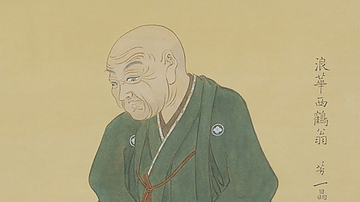
Definition
Ihara Saikaku
Ihara Saikaku (1642-1693) was a Japanese poet and novelist who played a leading role in creating the so-called ‘floating world’ (ukiyo-zoshi) genre of popular literature in the 17th century. His work was significant because, in terms of both...

Definition
Asuka Period
The Asuka Period (Asuka Jidai) of ancient Japan covers the period from 538 CE to 710 CE and, following on from the Kofun Period (c. 250-538 CE), so constitutes the latter part of the Yamato Period (c. 250-710 CE). For some scholars the period...
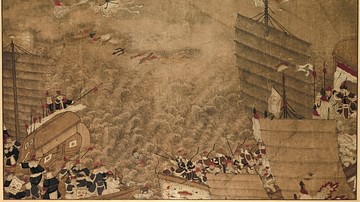
Definition
Wako - The Medieval Pirates of Southeast Asia
Wako (aka wokou and waegu) is a term used to refer to Japanese (but also including Chinese, Korean, and Portuguese) pirates who plagued the seas of East Asia from Korea to Indonesia, especially between the 13th and 17th centuries CE. Besides...

Interview
Interview: Buddhism in Korea
In this interview, James Blake Wiener, Co-Founder and Communications Director at Ancient History Encyclopedia (AHE), speaks to Emeritus Professor James H. Grayson, Professor of Korean Studies at the University of Sheffield, about the historical...
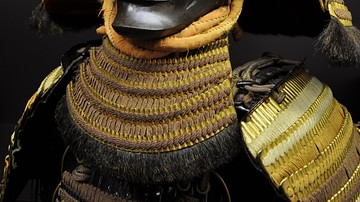
Definition
Sengoku Period
The Sengoku Period (Sengoku Jidai, 1467-1568 CE), also known as the Warring States Period, was a turbulent and violent period of Japanese history when rival warlords or daimyo fought bitterly for control of Japan. The period falls within...
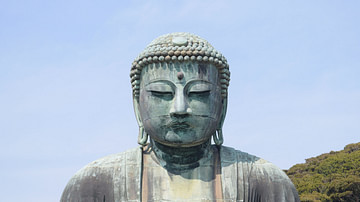
Definition
Kamakura Period
The Kamakura Period or Kamakura Jidai (1185-1333 CE) of medieval Japan began when Minamoto no Yoritomo (1147-1199 CE) defeated the Taira clan at the Battle of Dannoura in 1185 CE. The period is named after Kamakura, a coastal town 48 kilometres...
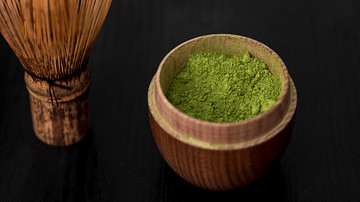
Article
The History of Japanese Green Tea
The history of green tea in Japan goes back to the 8th century when it was a popular stimulant for meditating monks. In this article, we examine tea's origins and cultivation, how it became an integral part of Japanese culture, the symbolism...

Definition
League of Nations
The League of Nations was founded in January 1920 to promote world peace and welfare. Created by the Treaty of Versailles, which formally ended the First World War (1914-18), the League provided a forum where nations promised to resolve international...
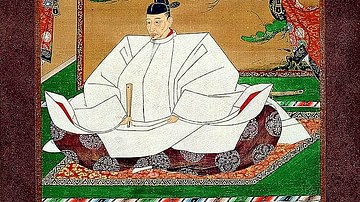
Definition
Toyotomi Hideyoshi
Toyotomi Hideyoshi (1537-1598 CE) was a Japanese military leader who, along with his predecessor Oda Nobunaga (1534-1582 CE) and his successor Tokugawa Ieyasu (1543-1616 CE), is credited with unifying Japan in the 16th century CE. Hideyoshi...
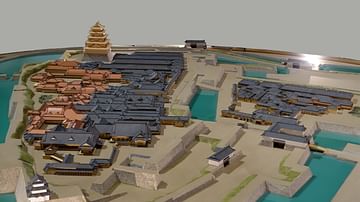
Definition
Edo Castle
Edo Castle was a large castle built by the Tokugawa family in 17th-century Japan. It served as their seat of government for more than 260 years. After the Meiji Restoration of 1868, Edo became the capital of Japan and was renamed Tokyo. Edo...